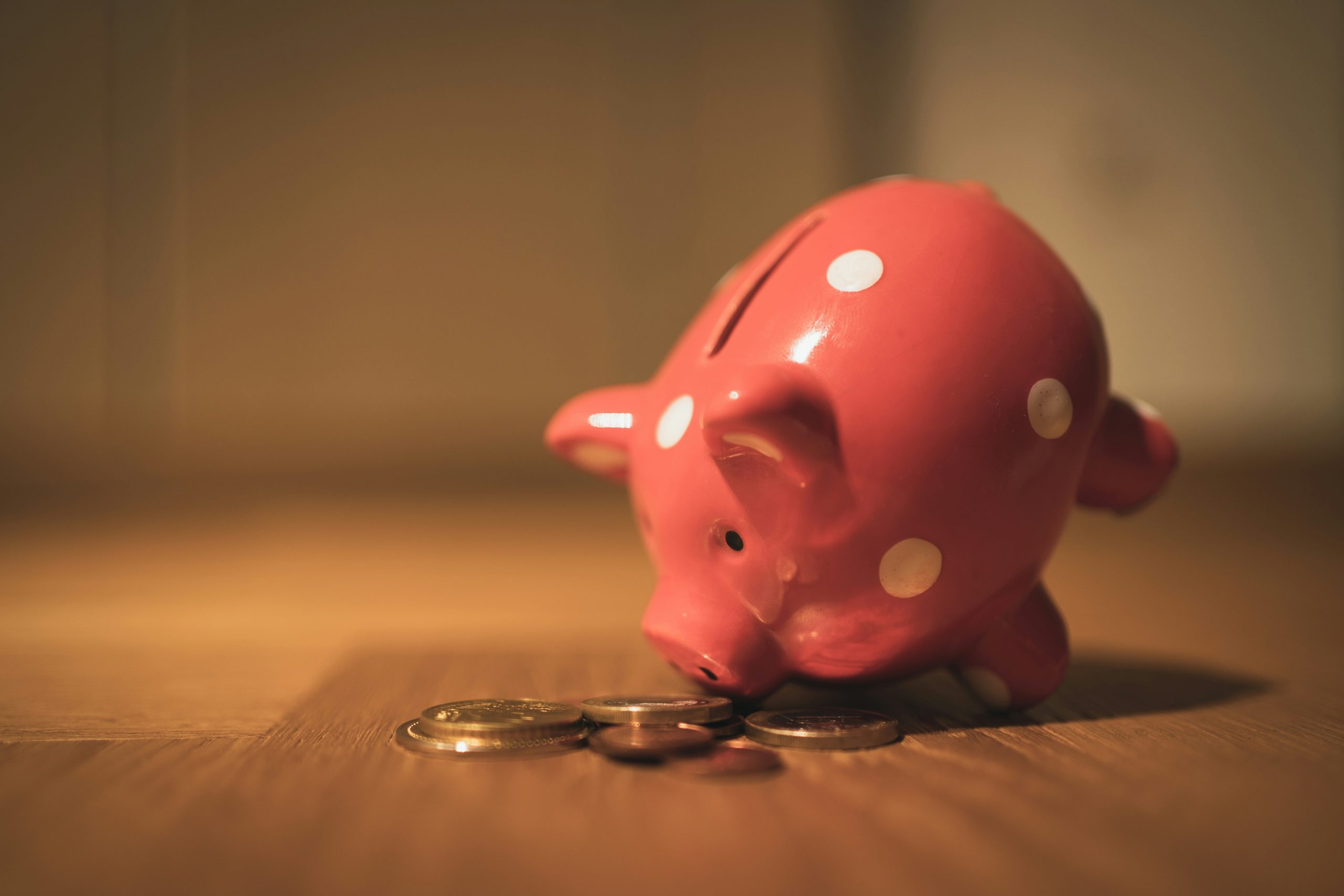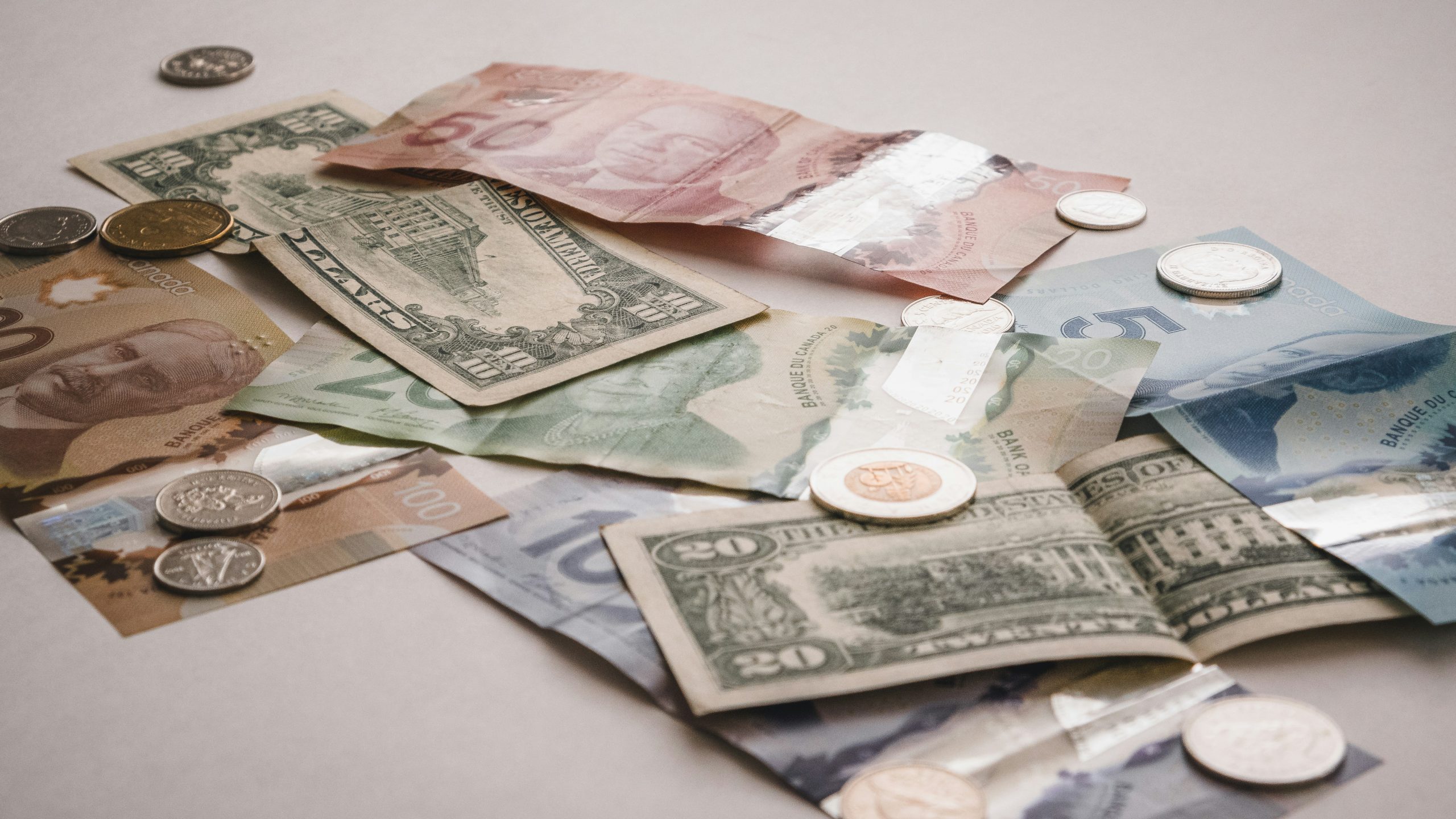Lenders may charge a loan facilitation fee to obtain the loan. Your lender may charge you late fees. Find Me A Loan Today does not lend money and is not a lender. The service we provide to our customers involves passing their requests for payday and short-term loans on to appropriate lenders or other finance partners in our affiliate lending network, who then make approval decisions and offer loans to those customers. Nothing stated on the Find Me A Loan Today website should be construed as a lending offer.
We are neither lenders nor agents or authorised representatives of any lender. We do not endorse, promote, or otherwise advertise any one lender in our network or any particular payday or short-term loan product. Approval of payday and short-term loan requests is determined by individual lenders, as are the loan terms offered. Lenders may not be able to approve you for the amount you request. Only qualified US residents may request a loan, some residents may not qualify.
Some loan requests will not be approved, and completion of loan request in no way assures approval. All times, amounts, rates, and other claims made on this website are for example and illustrative purposes only. Terms of each loan are unique and subject to the lender’s discretion. Find Me A Loan Today is not informed about the specifics of loans arranged through our service and cannot help you with questions regarding your individual loan; you must contact your lender directly. Those people with long-term debt or income problems should not consider a payday loan to be a viable solution. Payday loans are for responsible individuals who are experiencing a one-time-only financial setback, not long-term financial issues.
All loan requests are subject to credit approval. Find Me A Loan Today makes money through commission on loans which are arranged through our services. This commission is paid by lenders in our network. Customers of Find Me A Loan Today are charged nothing for our services. Please note that although most people receive their loan funds as soon as the next business day, individual banks may require funds to be held for up to 3 days while the funds clear. For questions about this clearing hold, contact your bank. APR Disclosure. Some states have laws limiting the Annual Percentage Rate (APR) that a lender can charge you. APRs for cash advance loans range from 200% and 1386%, APRs for installment loans range from 6.63% to 225%, and APRs for personal loans range from 4.99% to 450% and vary by lender.
Loans from a state that has no limiting laws or loans from a bank not governed by state laws may have an even higher APR. The APR is the rate at which your loan accrues interest and is based upon the amount, cost and term of your loan, repayment amounts and timing of payments. Lenders are legally required to show you the APR and other terms of your loan before you execute a loan agreement. APR rates are subject to change.
Find Me a Loan Today is a trading name of LeadtreeUSA, Inc.



